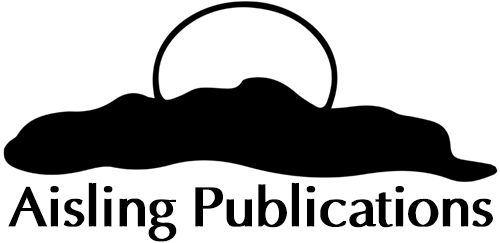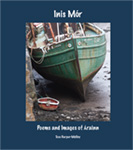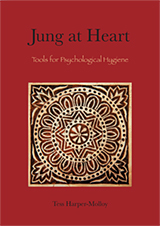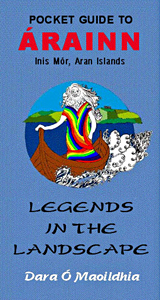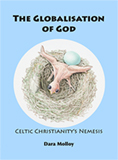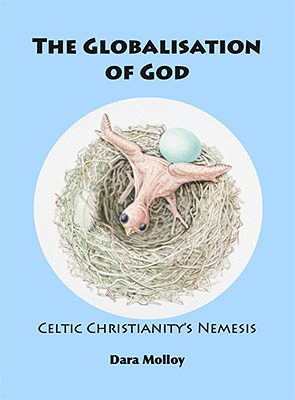
The Globalisation of God
Celtic Christianity's Nemesis
by Dara Molloy
In today's world, globalisation is a word that describes the ubiquitous spread of multinational corporations and their influence into every region and every country. Those who oppose globalisation today point to the damage it is doing to the natural environment, to cultural heritage and to biological diversity. They argue that it is neither transparent nor accountable, neither ecologically nor economically sustainable and that it puts profit before the democratic will of the people.
This book traces the roots of this globalisation process to a belief in one god who rules the universe. The hegemonious god of Moses is a god shared by three major world religions and many other lesser ones. Together they constitute more than half the world's population. The god of Moses dismisses all other gods and goddesses and establishes one way, and one way only, of seeing the world.
Before Moses, polytheism was the norm. Each culture had its own set of gods and goddesses who lived locally. This ensured diversity. Beliefs were as diverse as languages.
Historically, in the language of globalisation, the first 'product' to be 'marketed' at a global level was a belief in the one god of Moses. This belief was wrapped in the Christian message and 'advertised' by Christian missionaries who were willing to travel anywhere and give everything for the cause.
From the 4th century CE the Christian church of Rome began building itself into a global corporation. When one looks at how global corporations operate today, one can see how their structures and operations mimic in many ways those developed over centuries by the Roman church.
In order for the Roman church to remain in control of its global operations, it had to insist on uniformity in its 'products' and 'services'. This led to the removal of local and diverse expressions of Christianity. One of the many casualties of this globalisation process was Celtic Christianity.
The second half of this book traces the history of the conflict between the Celtic monastic movement and Rome. The story demonstrates that what the Roman church did then and what multinational corporations do now is much the same.
Theses
- Roman Catholicism was the first multinational corporation
- Preaching was the forerunner of advertising
- Roman Catholicism created the template for the spread of commercial globalisation through multinational corporations
- For global Christianity to succeed all local expressions of Christianity had to be suppressed. These included Celtic Christianity. For 800 years the Roman church tried to break the independent spirit of Celtic Christianity
- Despite being defeated in 1014 at the Battle of Clontarf, the Irish Vikings, through their urban bishops, were key actors in the imposition of Roman episcopal structures of church throughout Ireland in the 12th century
- There was an 'invasion' of Norman monks to Ireland which began in 1142, twenty-five years before the military invasion in 1167
- The ecclesiastical colonisation of Ireland meant that:
- a Roman episcopal and diocesan structure replaced the Celtic monastic structure
- Norman colonisers destroyed Celtic monasteries and replaced them with imported European religious orders
- Cistercian monasteries in Ireland were required to have French abbots and sometimes these were imposed by force
- no Irishman was allowed to become a bishop or attain any ecclesiastical high office
- St Malachy of Armagh betrayed his own Celtic heritage and was a key figure in bringing about the ecclesiastical colonisation of Ireland
- Monotheism is the mythical container for globalisation
- Humans will fail to return to a sustainable way of living on this planet until the mythological container of monotheism is replaced by new bioregional spiritualities that go beyond both monotheism and polytheism
Hardcover
BUY NOW!
Your price: €20.00
This does not include postage. Please choose below.
If ordering more than one copy, email us for reduced postage costs at aismag@iol.ie.
Softcover
BUY NOW!
Your price: €15.00
This does not include postage. Please choose below.
If ordering more than one copy, email us for reduced postage costs at aismag@iol.ie.
